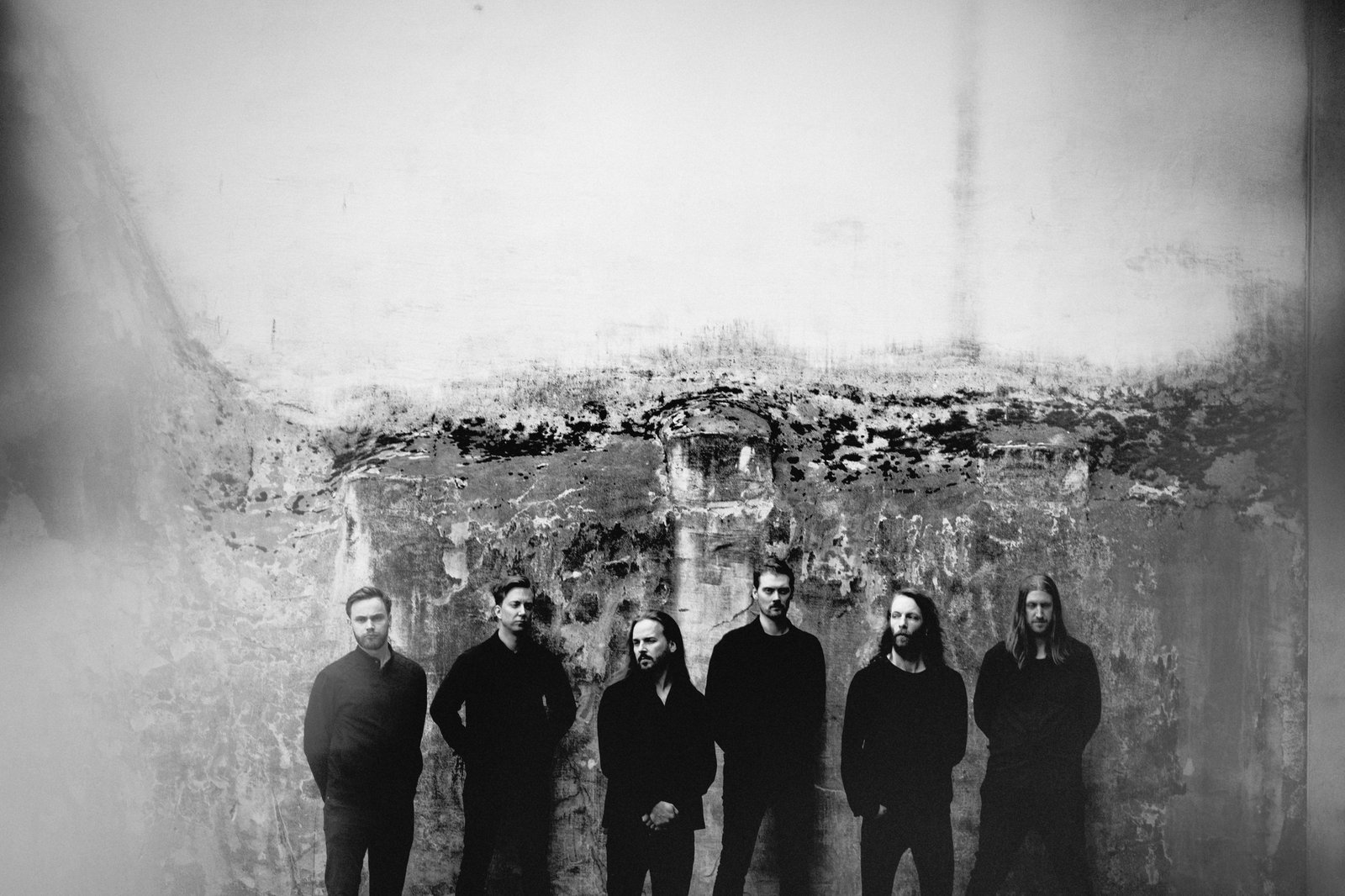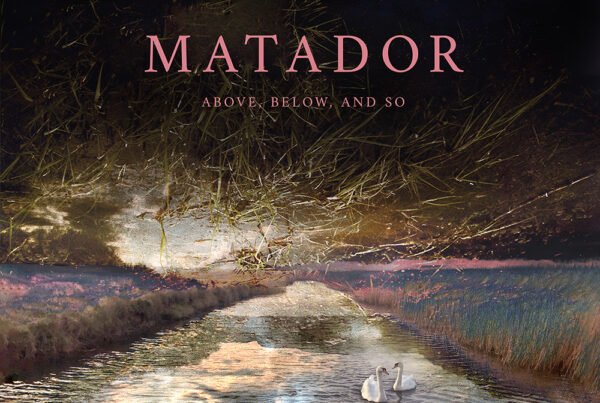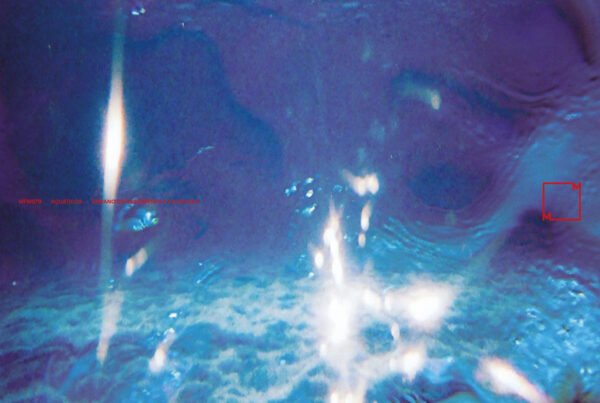With the new addition of vocals and a heightened focus on classical composition, Spurv have made Brefjære their most impressive and ambitious post-rock/metal release yet.
Release date: September 22, 2023 | Pelagic Records | Facebook | Pre-order
Spurv is a Norwegian act that has been taking a cinematic approach to post-rock and, more recently, post-metal for more than a decade. They are now preparing to release their fourth record, Brefjære, on Pelagic Records.
Applying classical instrumentation and composition to post-rock and metal is nothing new for Spurv. Their first release, Blader som faller til jorden og blir til nye trær, featured violin and cello amidst their cacophonous walls of guitars and reverb. However, on Brefjære, this ambitious combination is taken ever further. “Krokete, rettskaffen” uses throaty cello bows in contrast with haunting violin melodies to build dramatic tension before layered vocals take center stage. It’s immediately evident that where early releases had an occasionally raw, traditionally blues-inflected rock approach at times, the group has grown substantially over the course of their time as a band, incorporating a wider array of approaches and influences over time, with 2018’s Myra marking a more intentional dive into post-metal that is only furthered on the calculated cacophony of new tracks like “Å vente er å endre” and “Urdråpene”.
Now, with Brefjære, it seems that the band has fully realized their potential. As the band themselves say:
‘A music piece for orchestra, choir, and band, Brefjære combines the orchestral grandeur of MONO, with the wistful textures of This Will Destroy You and the Scandinavian mysticism of Sigur Rós.’
The group has cited some of their influences, but I would be remiss without drawing some passing comparisons to The Ocean and So Hideous, without the former’s vocal and synth focus or the latter’s blackened blasts and shrieks.
I have to admit that, before writing up the premiere for “Å vente er å endre”, I had never listened to Spurv. And that was truly an oversight on my part. The band has been releasing excellent post-rock/metal for upwards of a decade, and it has been a lot of fun delving into their discography in preparation for this review. Even with that said, I still think this record is far and away the group’s most ambitious yet well-executed release yet. The addition of a variety of vocals alongside more intentional string compositions and a wider range of sonic palettes that veer from calm to crushing make for an incredibly rewarding journey of a listen.
However, the band’s previous sonic identity is still intact. The early, optimistic post-rock of their first two records is alive and well on songs like “Som skyer”, bolstered by additional string sections, mallets, vocals, and horns on top of the expected tremolo leads and echoing clean guitars.
But these new layers are far from the only tweaks to Spurv’s approach. The group’s early work leaned extensively on long-form compositions, as much of post-rock/metal is wont to do. Whereas, on Brefjære, there is substantially more variety, with its eight tracks ranging from less than two minutes in length to over ten. This mix of track lengths and addition of more songs than usual allows the album to explore a range of dynamics and textures while maintaining my interest,
If you’re noticing a shortage of critique in this review, there’s a reason why. By every metric, this record seems to be Spurv’s most intentional, polished, and impressive yet. Perhaps some may be thrown by the band’s ambitious additions of vocals and more classical compositions, but I would argue these facets of the record are some of its strongest. If you’re going to listen to a record in the post-realm this year, I’d be hard-pressed to recommend one more than Brefjære.






